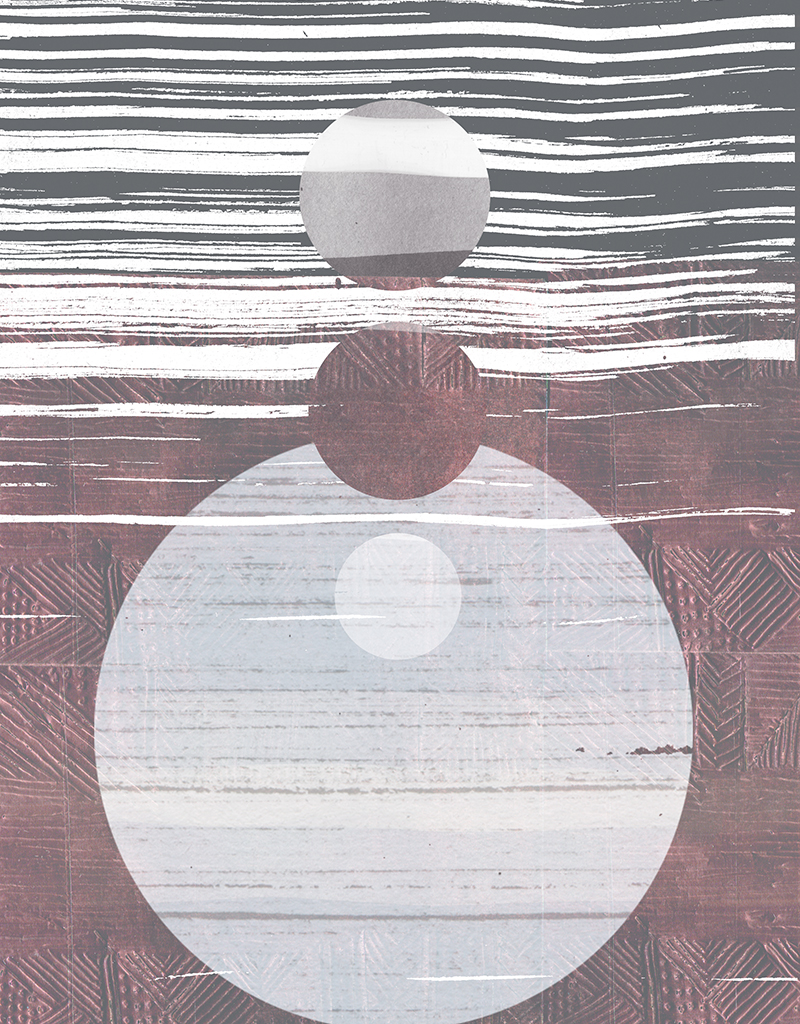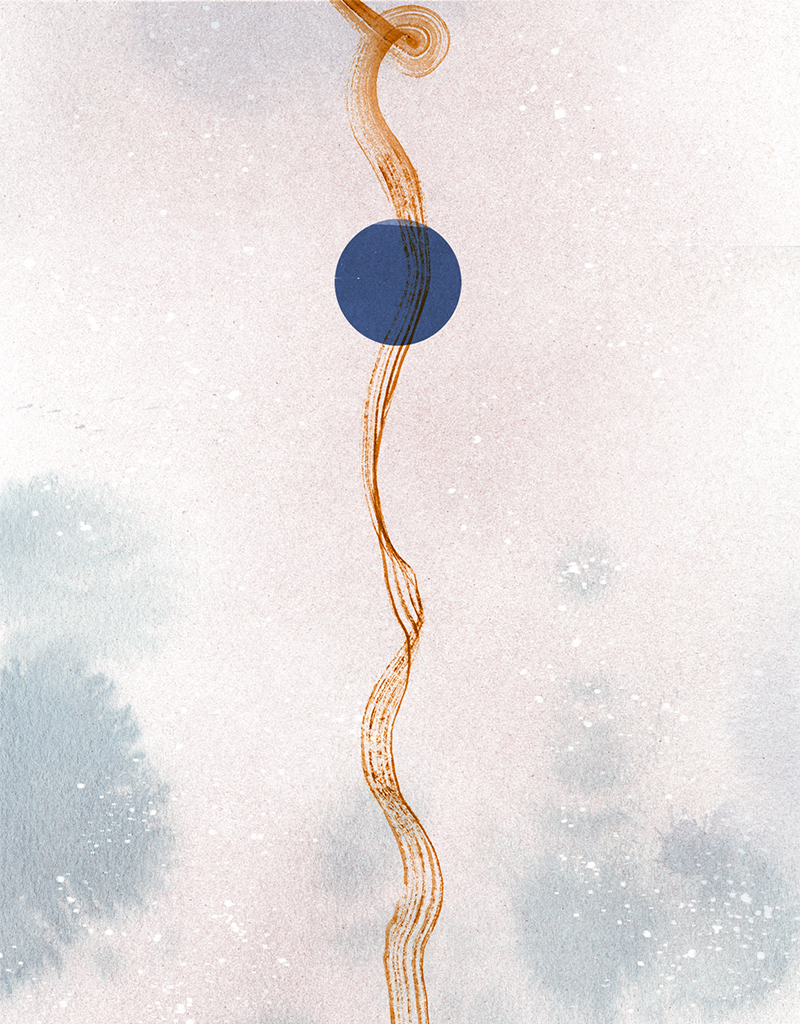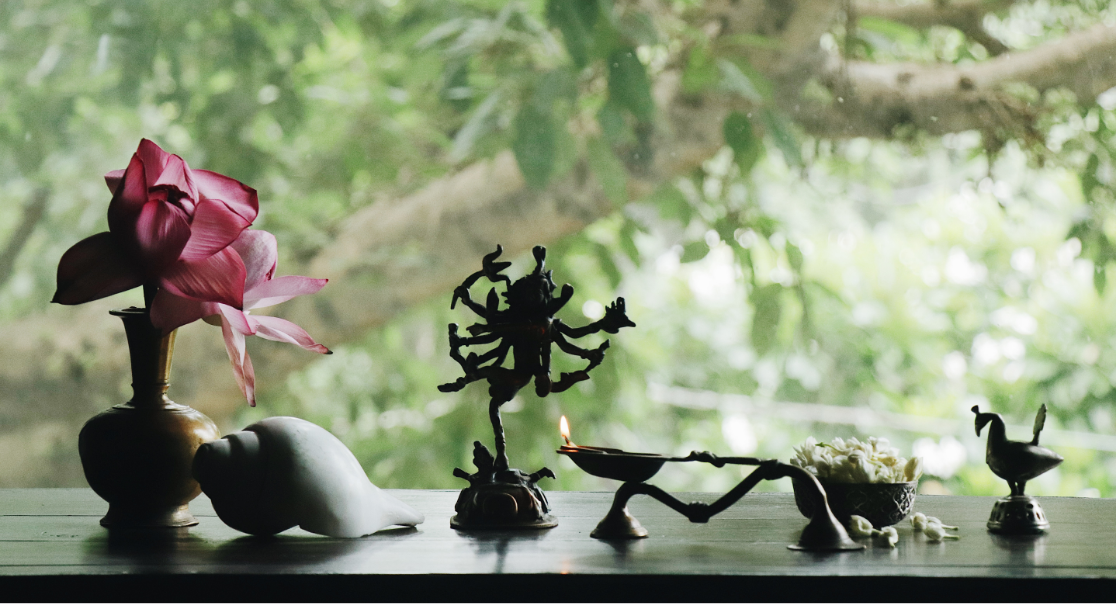Sutradhar
Literally, the holder of string. But also, the teller of stories in the world of classical Sanskrit. He is of this world of illusions – Maya. And yet he is the herald of truth – Satya.
Simultaneously looking forward and backwards, a Sutradhar is he who is the bridge between two worlds, two realities. He who owns nothing. But is the repository of all knowledge.
Paro’s Sutradhar is she who takes us towards our ancestral wisdom. The one who unearths and illuminates what we have forgotten. This is where we return to our roots and rituals. The stories are told in one voice. The stories are told in many voices. Because cultural knowledge is a shared heritage and we are all keepers and inheritors and messengers of that knowledge. We are all Sutradhars.

The Cosmos as Sound – A Vedic Perspective
The evanescence of human existence compels man to probe life for deeper meaning and lasting value. The scientist attempts to unravel the mystery of life by exploring outer space. But with every tiny step forward he finds the horizons receding even further

Citrus Scents: Light, Refreshing & Therapeutic
Citrus fruits and their fragrances have delighted us since the beginning of recorded history. They are a part of our daily rituals like tea for millions of people around the world
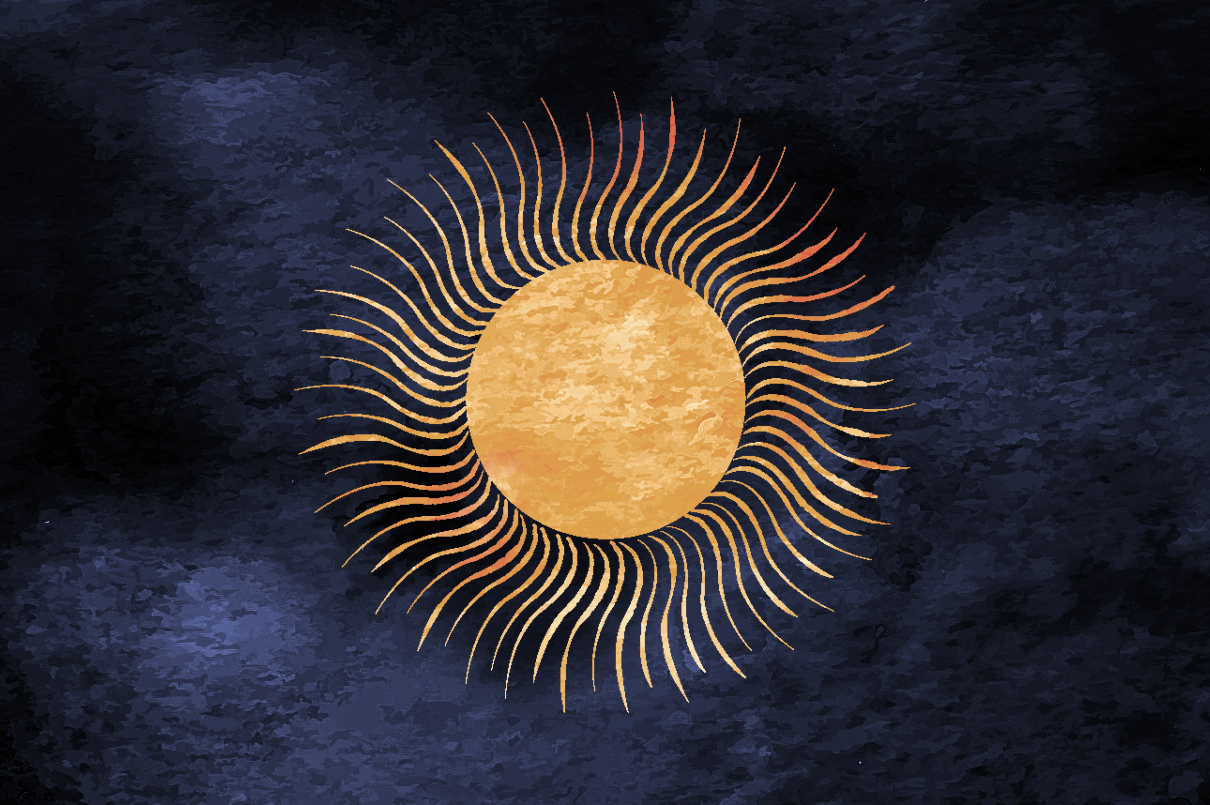
Surrendering to Nature
As I read Vedic literature and its various interpretations and reflect upon them, I realise that one of the main tenets of Vedanta is a reflective study of yourself

Rites of Gratitude: Harvest Festivals Across India
As Basant rtu or spring arrives so do the harvest festivals because the Rabi crops are ripe for harvest. Traditionally, this season of agricultural renewal also starts the New Year for several communities across India

The Emotional Impact of Material Possessions
Traditions of cleaning have been a part of many cultures across the world. But more than cleaning, our lives today require decluttering
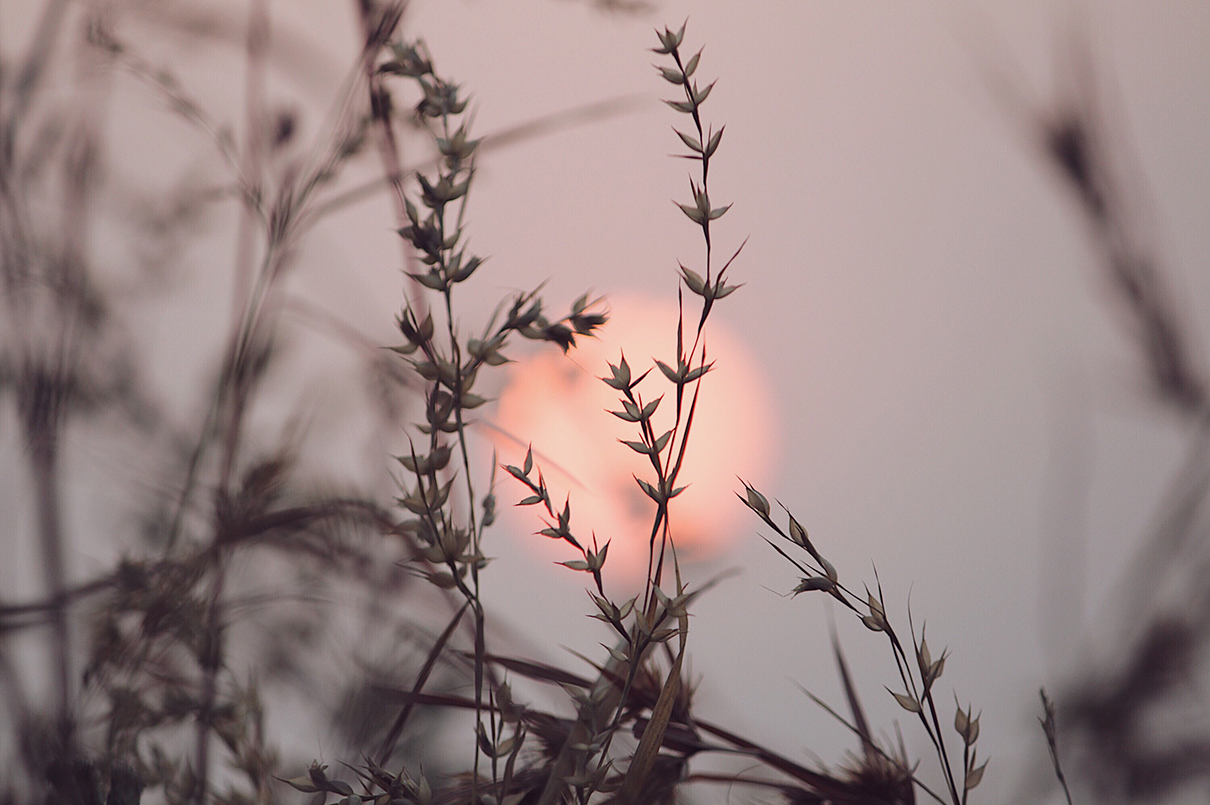
Nourish Your Indriyas: Five Sense Organs
When we consciously begin the day by observing nature, its rhythms and experiencing their effects on life and us, we can align our senses with the natural elements and forces connected to them
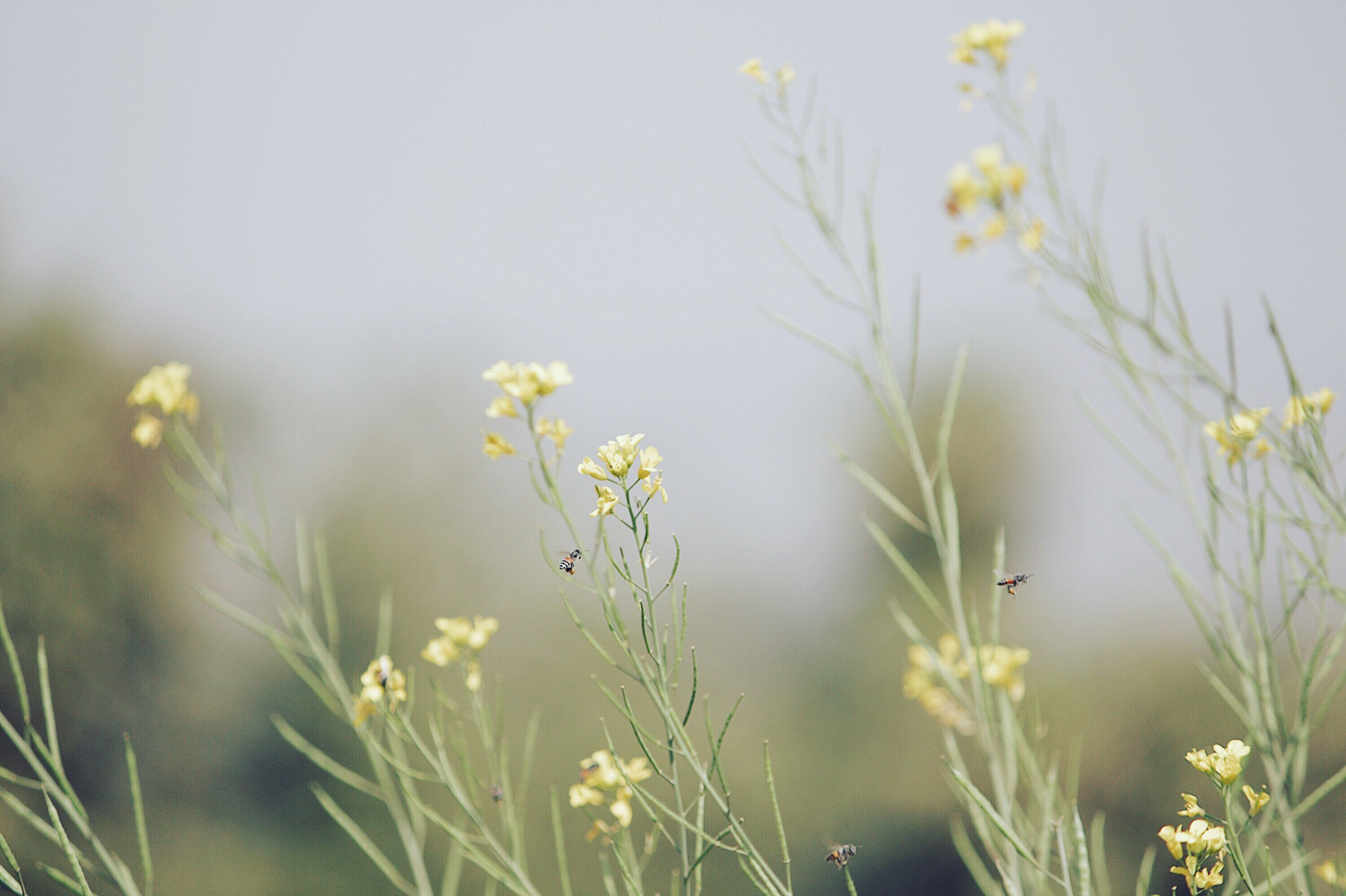
Basant Rtu
The sweet, amorous intoxication of Spring is referred to time and again in classical Sanskrit poetry. Basant Rtu – Spring – is the season that is traditionally seen as the joyful renewal of nature and desire
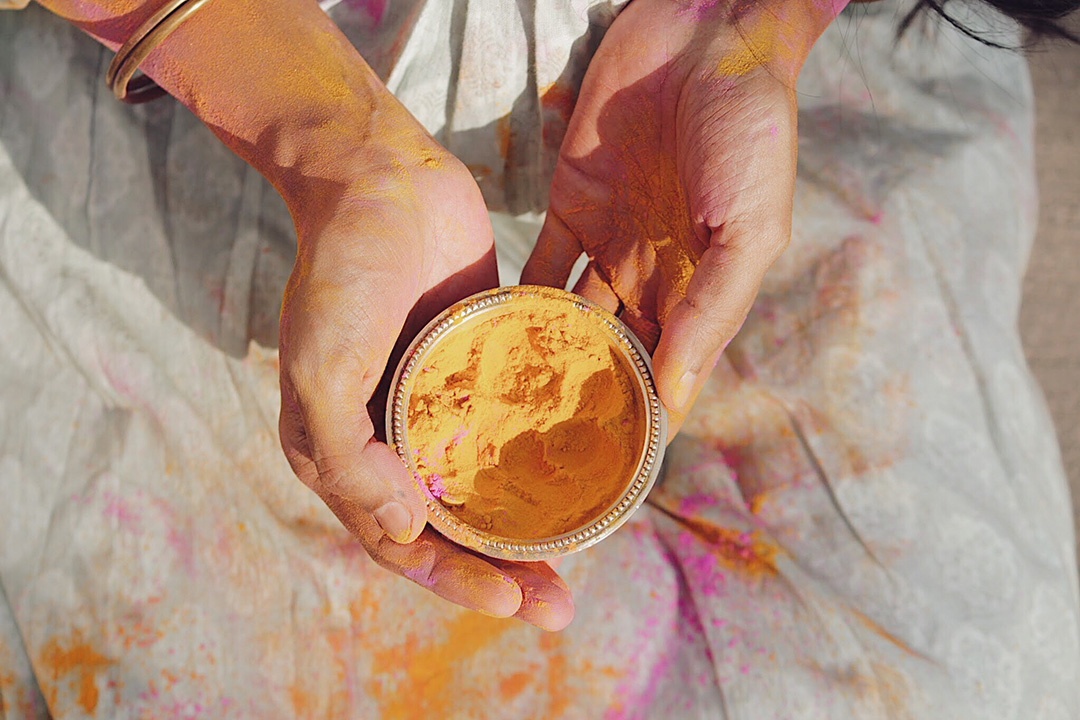
The Traditions Around Holi
One of the first textual references to Holi occurs in Ratnavali, a play or natika from the 7th century CE, written by Harsha Deva
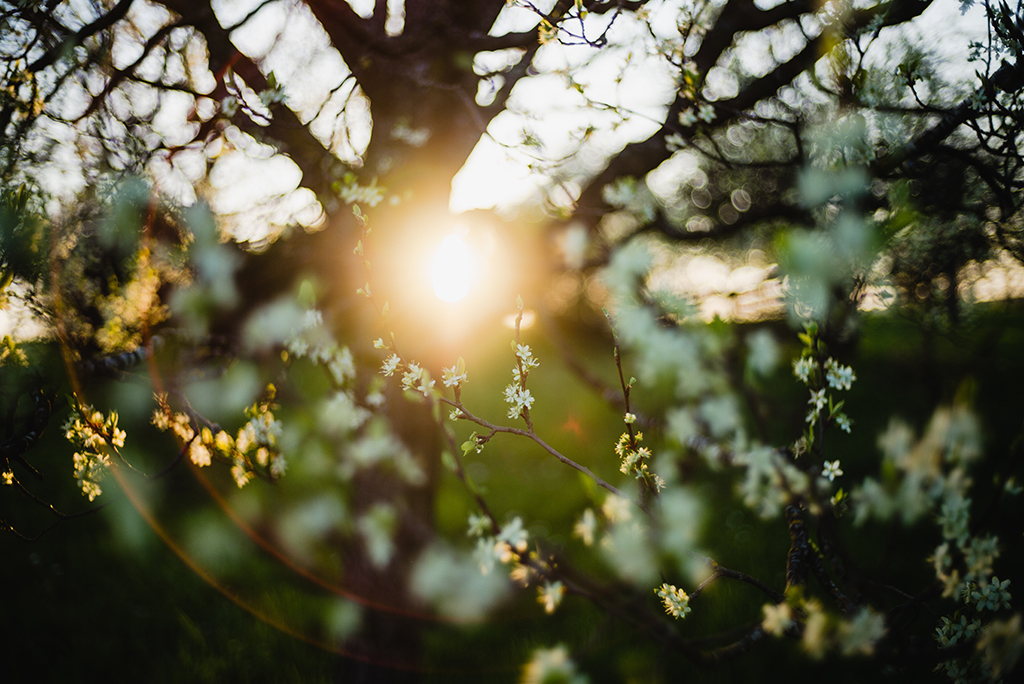
Rtu Chakra: The Cycle of Seasons
The seasons are a part of our calendared lives. But we have, in a sense, distanced ourselves from their impact and meaning

